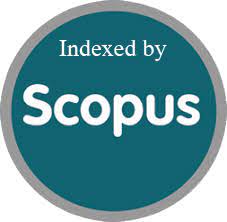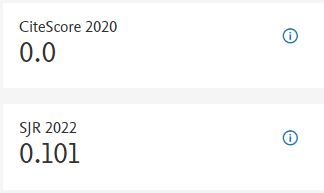Automated vs. Traditional Anti-Money Laundering (AML) Processes: A Comparative Study of Nigerian Financial Institutions
DOI:
https://doi.org/10.7492/51amsr79Abstract
Money laundering poses significant risks to global financial stability, requiring financial institutions to maintain efficient Anti–Money Laundering (AML) compliance systems. This study compares traditional manual AML data-gathering processes with automated, technology-driven methods among Nigerian financial institutions. Using quantitative survey data from 125 compliance officers in commercial banks, microfinance institutions, and mobile payment operators, the study examines the effectiveness, time efficiency, and accuracy of AML compliance under various communication channels, including email, fax, and online systems. Results show significant differences in AML data-gathering effectiveness across methods. Electronic and email-based channels yielded the highest compliance effectiveness when receiving and returning AML questionnaires, while fax performed best for sending questionnaires. The study finds no significant relationship between AML effectiveness and the time/speed of completing questionnaires. These findings highlight the need for streamlined AML automation to improve compliance accuracy without overburdening institutions.

















